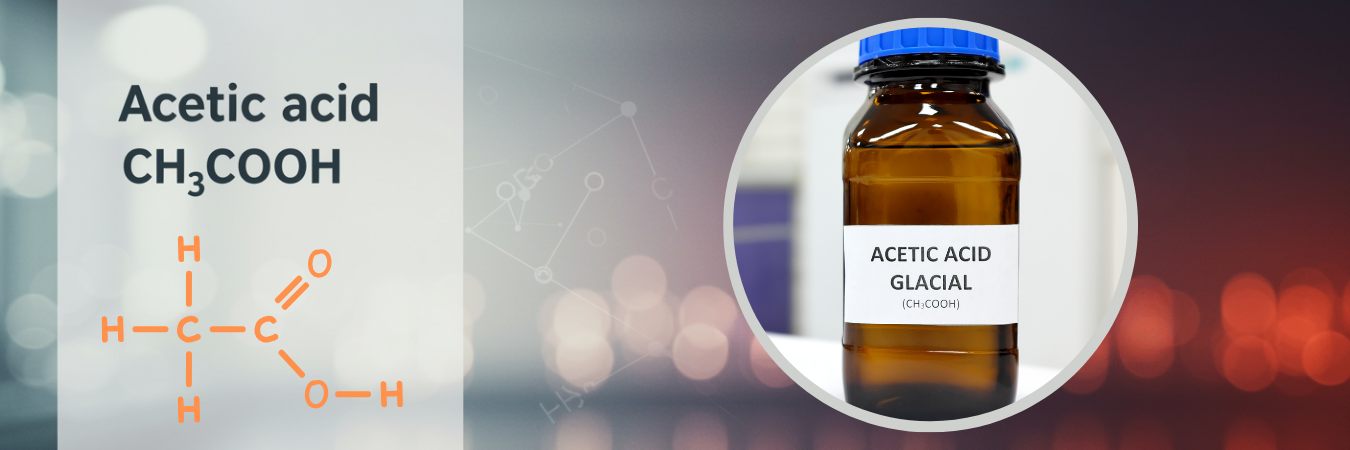

Introduction
If you're a manufacturer either based in India or abroad looking to supply or sell Acetic Acid (Food Grade) in the Indian market, obtaining an Indian licence from the Bureau of Indian Standards (BIS) is mandatory. As per the latest Quality Control Order (QCO), Acetic Acid must conform to IS 695:2020, and only BIS certified products are allowed to be sold, distributed, or imported into India.
In this blog, we at KMA GLOBAL present a complete guide to the BIS certification process, including routes for both Indian manufacturers (under the ISI mark scheme) and foreign manufacturers (via the Foreign Manufacturers Certification Scheme – FMCS).
Why BIS Licence is Mandatory for Acetic Acid
Acetic Acid is widely used in food, pharmaceuticals, adhesives, and chemical industries. Due to its sensitive and high-risk nature in food-grade applications, the Indian government has made BIS certification compulsory under IS 695:2020 to ensure quality, purity, and consumer safety.
Whether you’re a domestic unit or an overseas producer, supplying non-BIS certified Acetic Acid in India is illegal and may result in:
Holding a valid BIS licence is not just regulatory it’s a business necessity.
BIS Certification Options Based on Manufacturer Type
For Indian Manufacturers: ISI Mark Certification Scheme
Indian producers must apply for a BIS licence under the Domestic (ISI) certification scheme. Upon approval, they can use the ISI mark India’s quality standard symbol on Acetic Acid packaging.
For Foreign Manufacturers: FMCS (Foreign Manufacturers Certification Scheme)
If you manufacture Acetic Acid outside India, you need to go through FMCS, BIS’s only channel for issuing a Bureau of Indian Standards licence to international applicants.
IS 695:2020 Indian Standard for Acetic Acid (Food Grade)
IS 695:2020 outlines the quality and testing requirements for Acetic Acid (Food Grade), including:
To become BIS certified, your product must fully meet the technical parameters of IS 695:2020, as evaluated through approved labs and factory audits.
BIS Certification Process
Step 1: Check Product Scope
Confirm that your product (Acetic Acid – Food Grade) falls under the mandatory list of items requiring certification—which it does, as per the latest QCO.
Step 2: Identify Your Manufacturer Type
Step 3: Appoint an AIR (for Foreign Applicants Only)
Foreign manufacturers must appoint an Authorized Indian Representative (AIR) to coordinate with BIS throughout the certification lifecycle.
Step 4: Submit Application on BIS Portal
All applicants (domestic and foreign) must register and apply via Manakonline Portal using the correct forms:
For full certification steps and audit checklists, visit our [Foreign Manufacturer Certification Guide] and [Domestic BIS Certification page].
Post-Certification Responsibilities
Once BIS certified, you must:
Non-compliance may lead to suspension or cancellation of your Bureau of Indian Standards licence.
Common Challenges in BIS Certification
Problems Faced:
How KMA GLOBAL Solves Them:
Why Choose KMA GLOBAL as Your BIS Consultant?
At KMA GLOBAL, we specialize in helping both Indian and foreign manufacturers obtain BIS certification with complete support:
Our expert team ensures your Indian licence process is smooth, strategic, and fully compliant with BIS protocols.
Final Thoughts
Getting your BIS certificate for Acetic Acid under IS 695:2020 isn’t just a regulatory checkbox it’s a business asset. It confirms quality, builds trust, and grants access to India’s fast-growing chemical market.
With support from KMA GLOBAL, you can avoid costly mistakes and get your ISI certification or FMCS licence approved without hassle.